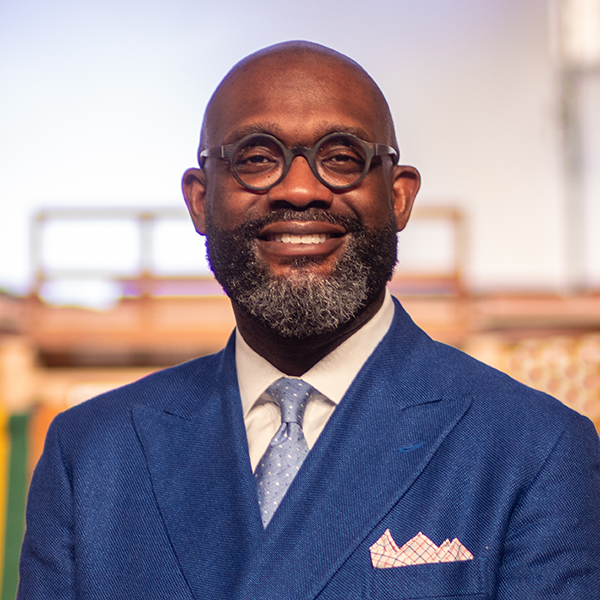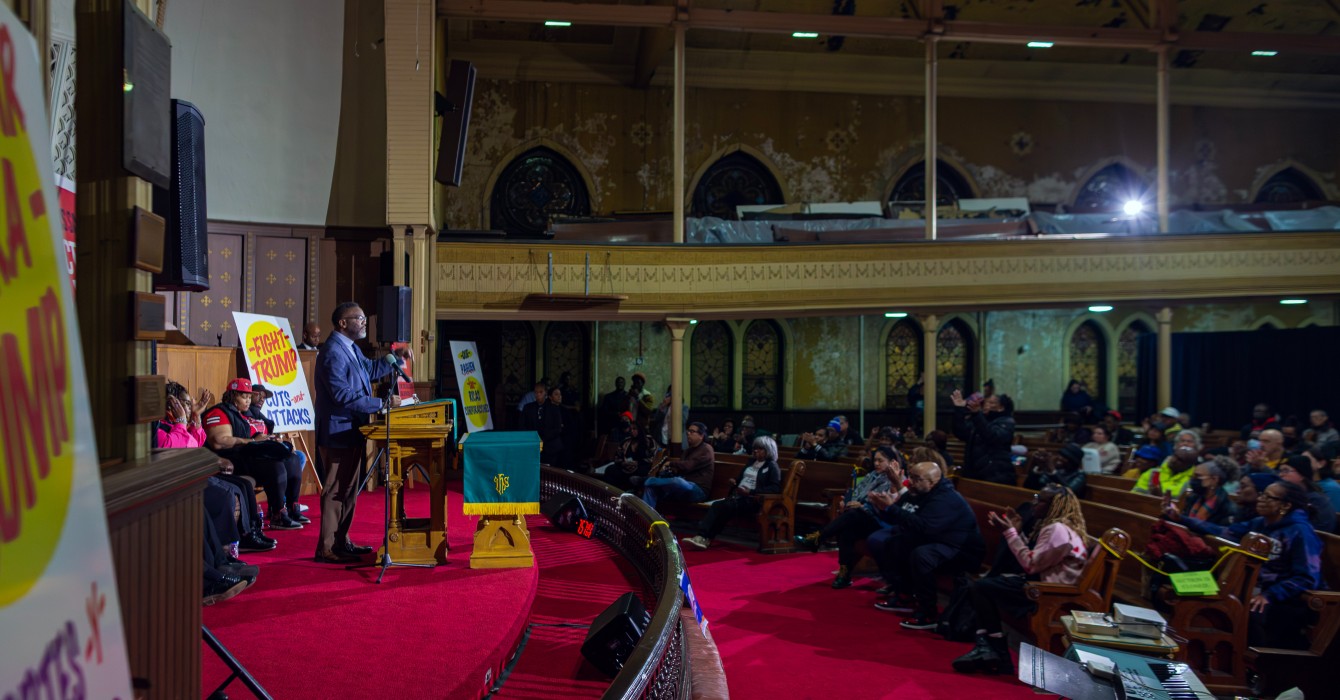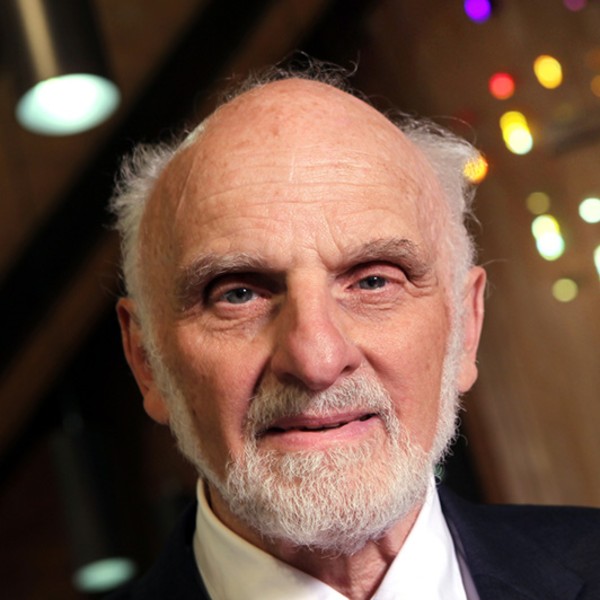Is everyone burned out? When I read about pastors who are considering resigning, I am not surprised. The stress of 2020 and 2021 has been relentless and exhausting.
When I look at the people in the pews, I see the stress — in particular the stress experienced by parents, people of color, teachers, students and health care workers. I don’t know how to weight the comparative stress of anyone’s particular responsibility. And I wonder how congregations can respond when nearly everyone is overwhelmed.
I have experienced burnout as a pastor. I have been thinking about burnout among colleagues since Roy Oswald, then of the Alban Institute, led a two-day seminar on clergy self-care nearly 30 years ago.
The event was the first clergy continuing education retreat that I directed. When I told Oswald that attendance was lower than expected, he chuckled at my naiveté and advised me to avoid the pitfall of getting clergy to focus directly on their well-being. He urged me to consider incorporating good practices of self-care into every learning experience for clergy. I never stray far from that advice.
Oswald’s guidance was based on his read of the late-20th century mainline church. In the last few decades, pastors have grown more open to direct conversation about their well-being. Yet the pressures remain. Leading a congregation and serving a community continues to be a very unusual combination; it requires a disciplined life that leads to burnout for most clergy at some point.
The current circumstance of overwhelming stress and resulting burnout reminds me of the congregations that I’ve encountered which appeared depressed.
These congregations often experience some combination of betrayal by leaders, the unexpected deaths of younger people or the loss of jobs and other stresses from economic downturns. Many times these congregations were part of communities that had ongoing challenges and were labeled “economically distressed.”
Congregations living with this combination of challenges often did not believe they had much agency to change their circumstances. They went about the basics of church life; they did not expect pastors to stay long because they believed the pastors were more talented than the church. They had no energy to try anything new and had low expectations for the impact of their ministries.
I never labeled these congregations as “depressed.” Rather, I considered my recommendations as a consultant in light of the effects of depression, and tried to help alleviate them.
I looked for and affirmed the gifts of the congregation. I suggested a few things that had a high likelihood of being successful and urged the congregation to celebrate the success. Most importantly, I listened to them and set up processes that helped them listen to each other.
Could it be helpful for leaders of congregations to consider the congregation as being burned out? People are living with significant new stress. The government makes so many decisions in the name of health and safety that some experience ongoing fear while others respond with anger. The specific stresses are different in every community, and those already suffering from the long-term impact of racism, sexism and other oppressions are further harmed by the pandemic.
How do pastors and congregations respond to circumstances that affect everyone? Understanding the underlying conditions is key.
The congregations that appeared depressed to me were experiencing collective, long-term grief. Because they had experienced so many losses, they fell into patterns of silence that appeared to a newcomer as if the congregation had very little energy.
For our current moment, a Harvard Business Review article by Yu Tse Heng and Kira Schabram provides a concise summary of research on burnout.
It is a complex condition that can manifest any of three distinct symptoms: “exhaustion (a depletion of mental or physical resources), cynical detachment (a depletion of social connectedness) and a reduced sense of efficacy (a depletion of value for oneself).”
These researchers, a doctoral candidate and a professor of organizational behavior, urge business leaders to help prevent burnout and, when it happens, to identify which of these resources are depleted and take action to replenish them.
While developing a full response requires much more than reading a 5-page article, the simplicity of the distinct symptoms helps me as a leader take a few steps.
The first is to listen to myself. Which symptoms of burnout are featured in the stories I tell?
Ask for feedback from a spouse, friend, colleague, therapist or other confidante. What do they hear in your stories? Are the themes clustered around exhaustion, isolation, helplessness or something else?
Having someone listen and reflect with me then creates space to listen to others. I recommend starting such listening with congregational leaders and giving them feedback on what you are hearing. Help them to listen and give feedback to others. Some will be more gifted and practiced with such skills.
A key is to share this work and encourage listening to each other, including those outside the church walls.
This is not therapy but rather a skill that congregations need to practice with each other and the community in these stressful days.
As we listen to each other, themes will likely emerge that provide clues about how to support each other through burnout. The writers in Harvard Business Review suggest simple courses of action for each symptom. For these authors, underlying such actions are compassion and agency.
Being a good pastor in this case does not require developing a program but rather activating compassion and encouraging lay leaders to nurture others and help them replenish their resources.
If we are all suffering from some degree of burnout then none of us can bear the full weight of care. Maybe we don’t need to.
Over the decades, I have been amazed by the number of people who say, “Here at my church, we really love each other.” They believe this quality is unique to their congregation. I believe it is a place that the person giving testimony experiences profound love.
When working with congregations a generation ago, I found this love to be a source of healing and the motivation to care for each other amid shared losses. This love is grounded in and sustained by God’s love for us. Such love is a source of energy to receive and share compassion.
For much of the latter half of the 20th century, we talked about the mission of the congregation as if it were the place that believers come together to work for God. Many congregations grew numerically, created programs to train each other and measured their impact by the number of people that gathered at the church. Such activity was well suited for the era.
But in a moment when daily life is so difficult, I wonder if church is instead a place where we listen carefully to God and each other. Where we feel loved and replenished and go out into our everyday work sharing that compassion with everyone we meet.
This work of supporting each other through burnout is not just the work within congregations but might be a critical calling for Christians to their communities.
...I listened to them and set up processes that helped them listen to each other.



















